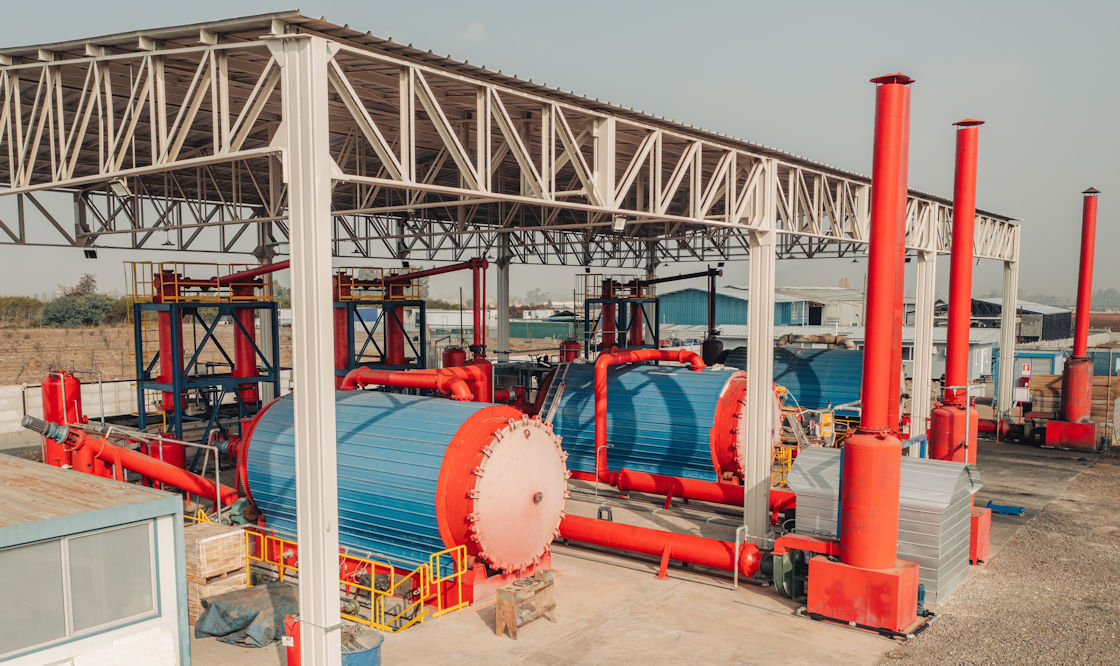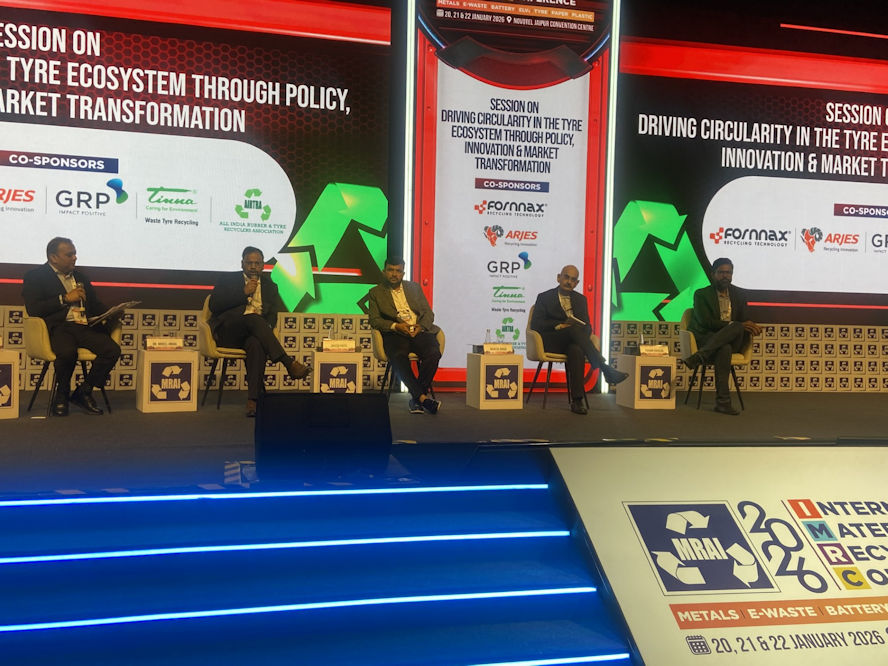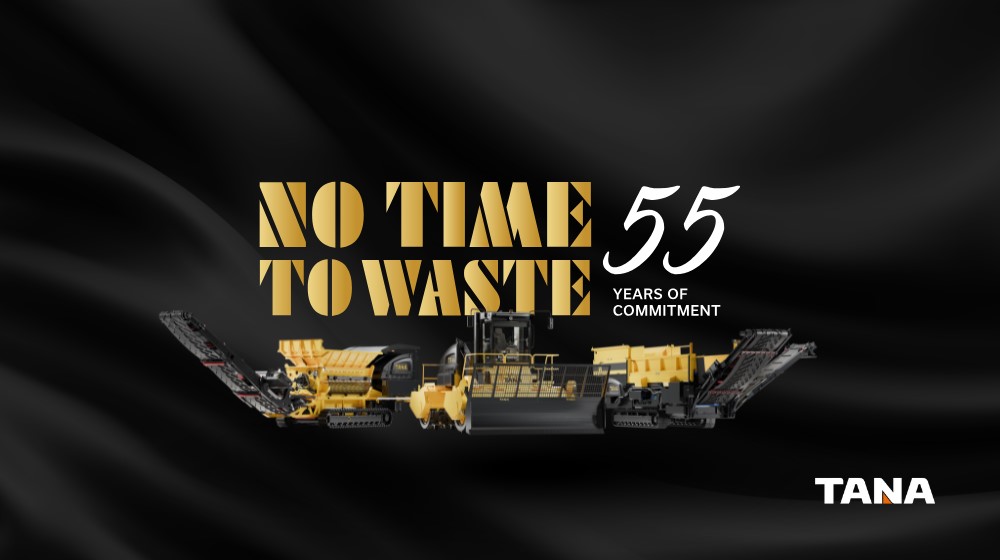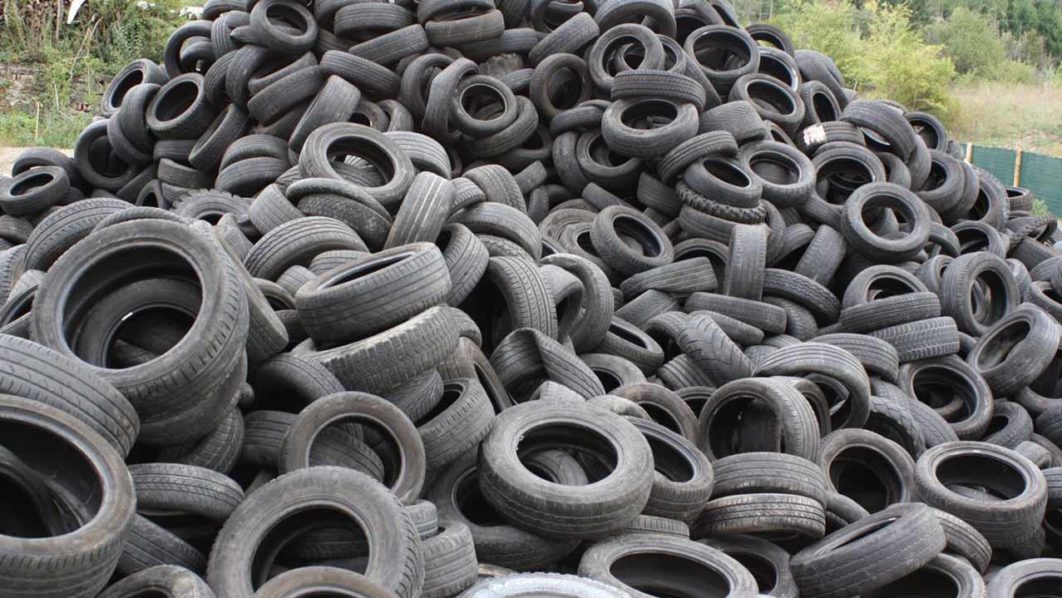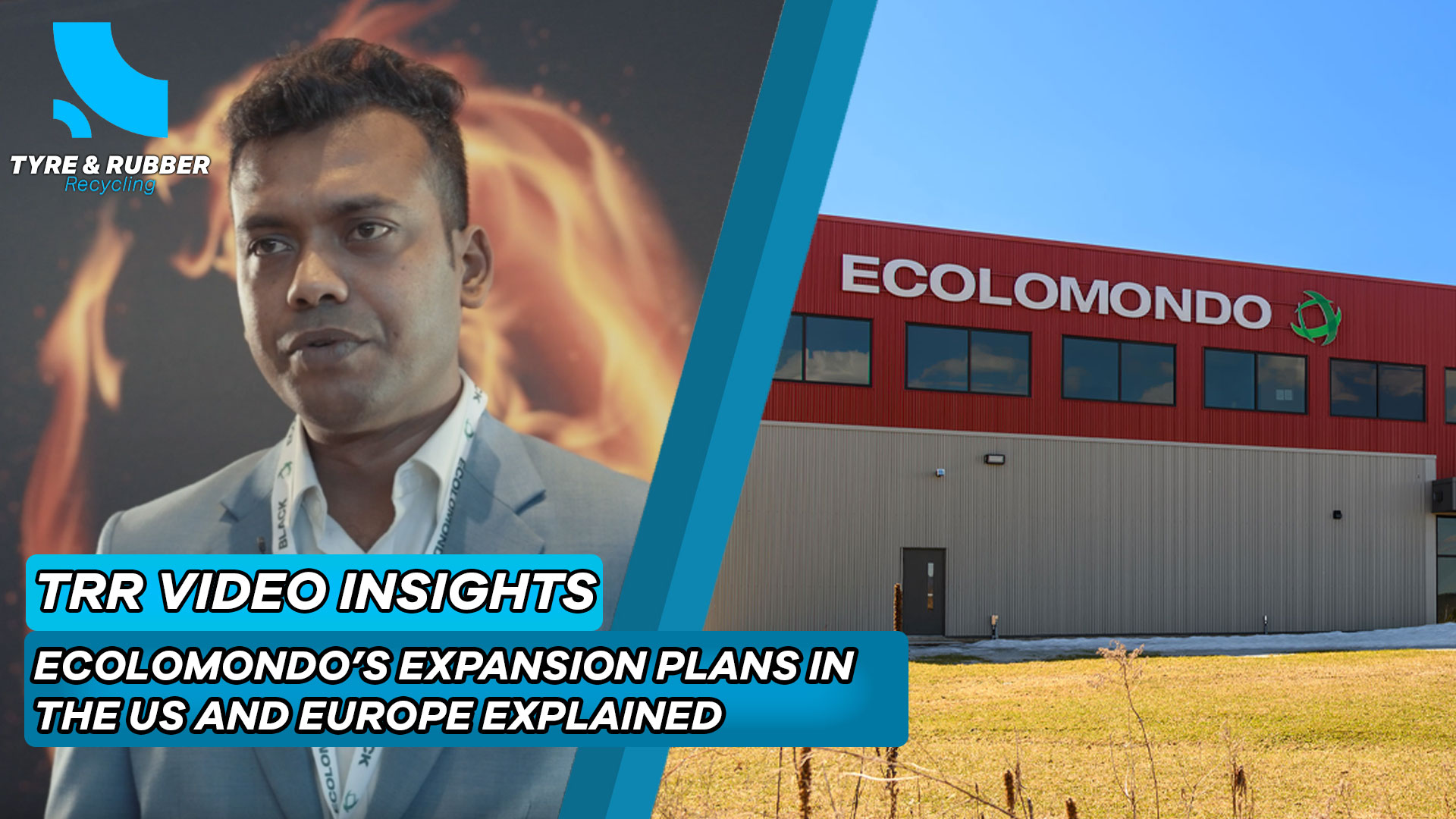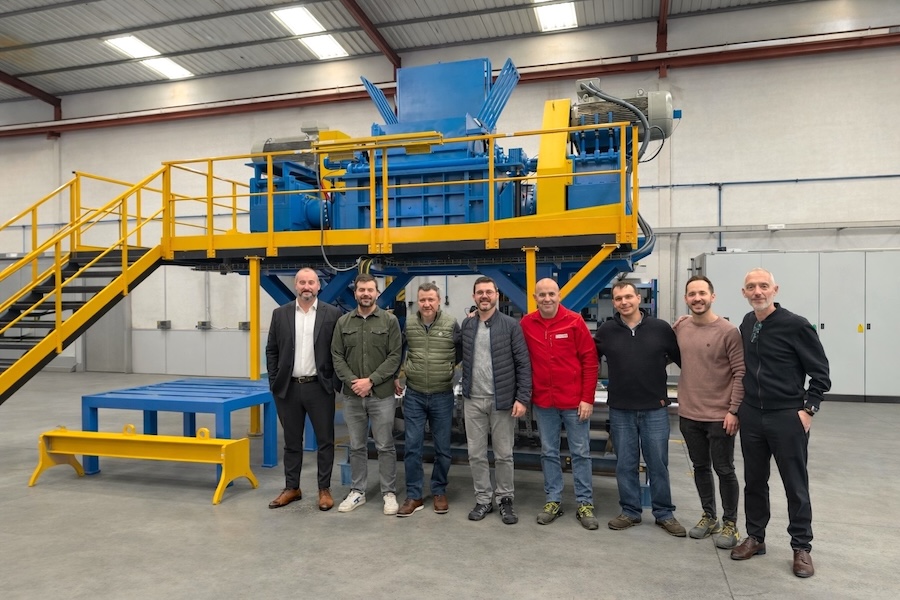Arrigoni Ambiental plays a role in the dynamic landscape of end-of-life tyre (ELT) recovery in Latin America
One of the most emblematic cases is Arrigoni Ambiental NFU SpA, a company founded in September 2019 as an alliance between the third generation of the Arrigoni business group and a pioneering team in pyrolysis technologies in the country.
This feature is based on an interview with Mauricio Bravo Carvallo, General Manager of Arrigoni Ambiental NFU, who shared in detail the company’s vision, progress, and projections as it seeks to position itself as a regional benchmark for circular economy solutions.
Driven by the entry into force of Chile’s Extended Producer Responsibility (EPR) Law, Arrigoni Ambiental NFU’s purpose has been clear from the start: to provide a concrete, scalable, and triple-impact solution for the treatment of ELTs.
Technology at the Service of Transformation
From its operational plant in San Francisco de Mostazal, located in the O’Higgins Region about 65 kilometres south of Santiago, Arrigoni Ambiental NFU has deployed a processing capacity of nearly 10,000 tonnes of tyres per year, representing approximately 7% of the country’s total generation. Its operation is based on three semi-continuous pyrolysis reactors, which convert a complex waste stream into industrially usable by-products: tyre pyrolysis oil (TPO), recovered carbon black (rCB), and recycled steel.
But beyond its infrastructure, what sets this company apart is its vision: to develop technological capabilities and strategic alliances that enable these by-products to replace virgin materials in key sectors such as mining, the chemical industry, construction, and energy.
Applied Innovation and Territorial Development
One of the company’s most significant breakthroughs has been the production of activated carbon from rCB, used in filters to remove heavy metals from contaminated water. More recently, the company developed a chemical additive derived from TPO, designed for molybdenum flotation processes in mining—currently undergoing industrial validation with a major Chilean mining company.
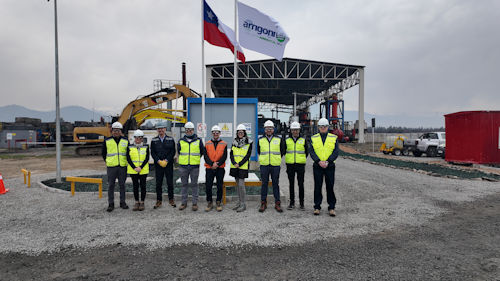
These efforts are complemented by a strong territorial engagement strategy: local job creation, partnerships with technical high schools and regional universities, and participation in environmental decontamination plans. Arrigoni Ambiental NFU is not only treating waste—it is helping to build local human capital and productive ecosystems, anchoring the circular economy in the territory.
Systemic Coordination and Regional Outlook
The company is an active member of ANIR (where it chairs the tyre sector committee) and APRIMIN, and it maintains applied research agreements with the University of Concepción, the University of Talca, and the Catholic University of Maule. It also participates in NFU-Evolución, a technological program promoted by CORFO, reinforcing its role as a bridge between industry, science, and public policy.
Within this framework, Arrigoni Ambiental NFU has offered a constructive critique of the EPR Law’s implementation: while the regulatory framework has been essential for activating new business models, further progress is needed in areas such as certifications, recycled content requirements, and incentives for the use of recovered products. As the company puts it, “Circular economy is not achieved merely by treating waste—it becomes real when recovered by-products find markets that match them in scale and demand.”
Growth Plans and Expansion
Looking ahead to 2026, Arrigoni Ambiental NFU plans to triple its installed capacity. This growth strategy includes expanding its current plant and building a second facility in northern Chile — a critical area due to its high volume of ELT generation and its strong connection to the mining industry.
Both projects have already been approved at the investment level and are currently moving forward with environmental and sectoral permitting processes. The goal is clear: to respond efficiently and effectively to the growing demands of the EPR Law, delivering solutions that are both industrially viable and environmentally responsible.
A Replicable Model for Latin America
Arrigoni Ambiental NFU aspires to be recognised internationally as a serious, innovative, and consistent actor. A model that proves it is possible to align circularity, innovation, and territorial development in a single strategy. Its experience offers a roadmap for other countries in the region seeking to accelerate their transitions toward more sustainable production systems.
In a continent where the waste challenge remains urgent, experiences like this help move from diagnosis to action—with technology, alliances, and a long-term vision.

